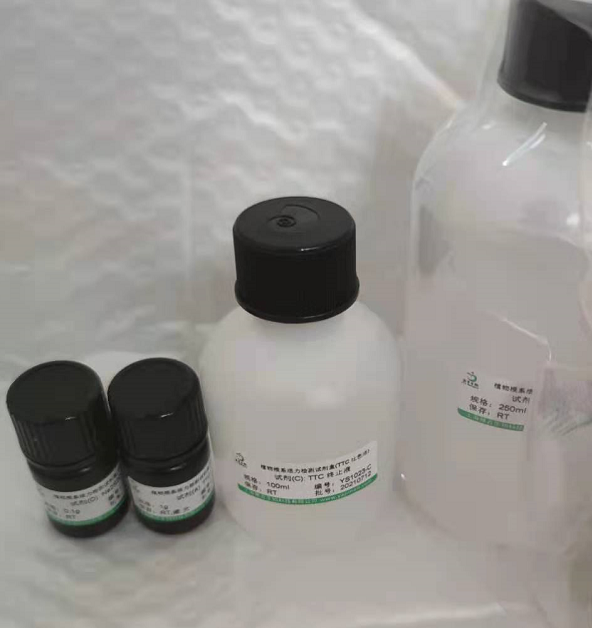| 產(chǎn)品編號(hào) | bs-10251P |
| 英文名稱 | HLA-C Antibody Blocking Peptide |
| 中文名稱 | 組織相容性復(fù)合體蛋白1封閉多肽 |
| 別 名 | HLA-C; Major Histocompatibility Complex, Class I; HLA Class I Histocompatibility Antigen, C Alpha Chain; HLA-JY3; D6S204; PSORS1; HLAC; Major Histocompatibility Antigen HLA-C; MHC Class I Antigen Heavy Chain HLA-C; Human Leukocyte Antigen-C Alpha Chain; Psoriasis Susceptibility 1; Human Leukocyte Antigen C; HLA-C Antigen; HLA-Cw; HLC-C; MHC; HLAC_HUMAN. |
| 物 種 | human |
| 純化方法 | HPLC |
| 活性 | Not tested |
| 保存條件 | Shipped at 4℃. Stored at -20℃ for one year. Avoid repeated freeze/thaw cycles. |
| 注意事項(xiàng) | This product as supplied is intended for research use only, not for use in human, therapeutic or diagnostic applications. |
| 產(chǎn)品介紹 | HLA-C belongs to the HLA class I heavy chain paralogues. This class I molecule is a heterodimer consisting of a heavy chain and a light chain (beta-2 microglobulin). The heavy chain is anchored in the membrane. Class I molecules play a central role in the immune system by presenting peptides derived from endoplasmic reticulum lumen. They are expressed in nearly all cells. The heavy chain is approximately 45 kDa and its gene contains 8 exons. Exon one encodes the leader peptide, exons 2 and 3 encode the alpha1 and alpha2 domain, which both bind the peptide, exon 4 encodes the alpha3 domain, exon 5 encodes the transmembrane region, and exons 6 and 7 encode the cytoplasmic tail. Polymorphisms within exon 2 and exon 3 are responsible for the peptide binding specificity of each class one molecule. Typing for these polymorphisms is routinely done for bone marrow and kidney transplantation. About 6000 HLA-C alleles have been described. The HLA system plays an important role in the occurrence and outcome of infectious diseases, including those caused by the malaria parasite, the human immunodeficiency virus (HIV), and the severe acute respiratory syndrome coronavirus (SARS-CoV). The structural spike and the nucleocapsid proteins of the novel coronavirus SARS-CoV-2, which causes coronavirus disease 2019 (COVID-19), are reported to contain multiple Class I epitopes with predicted HLA restrictions. Individual HLA genetic variation may help explain different immune responses to a virus across a population.[provided by RefSeq, Aug 2020] SWISS: P10321 Gene ID: 3107 |
我要詢價(jià)
*聯(lián)系方式:
(可以是QQ、MSN、電子郵箱、電話等,您的聯(lián)系方式不會(huì)被公開)
*內(nèi)容:








